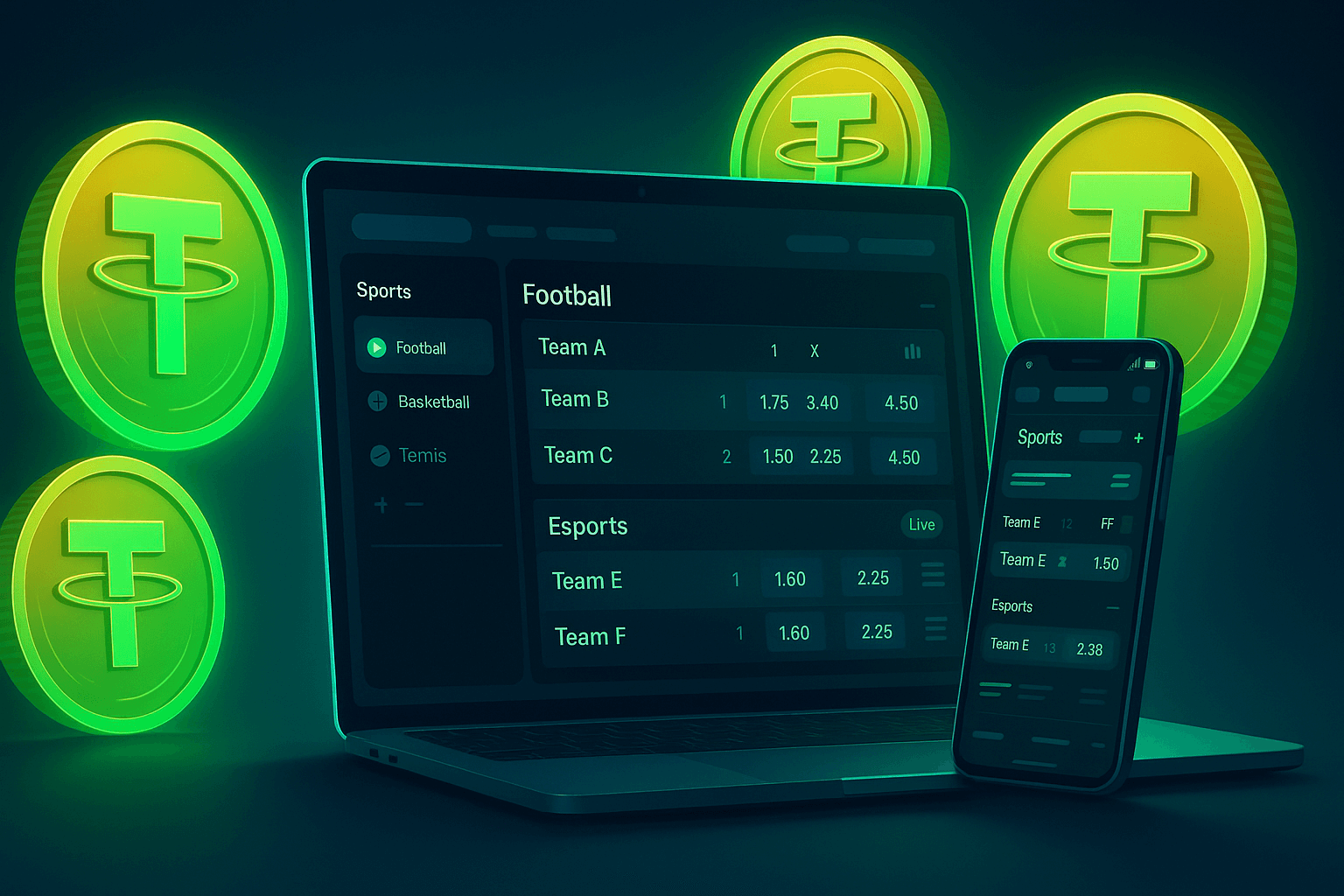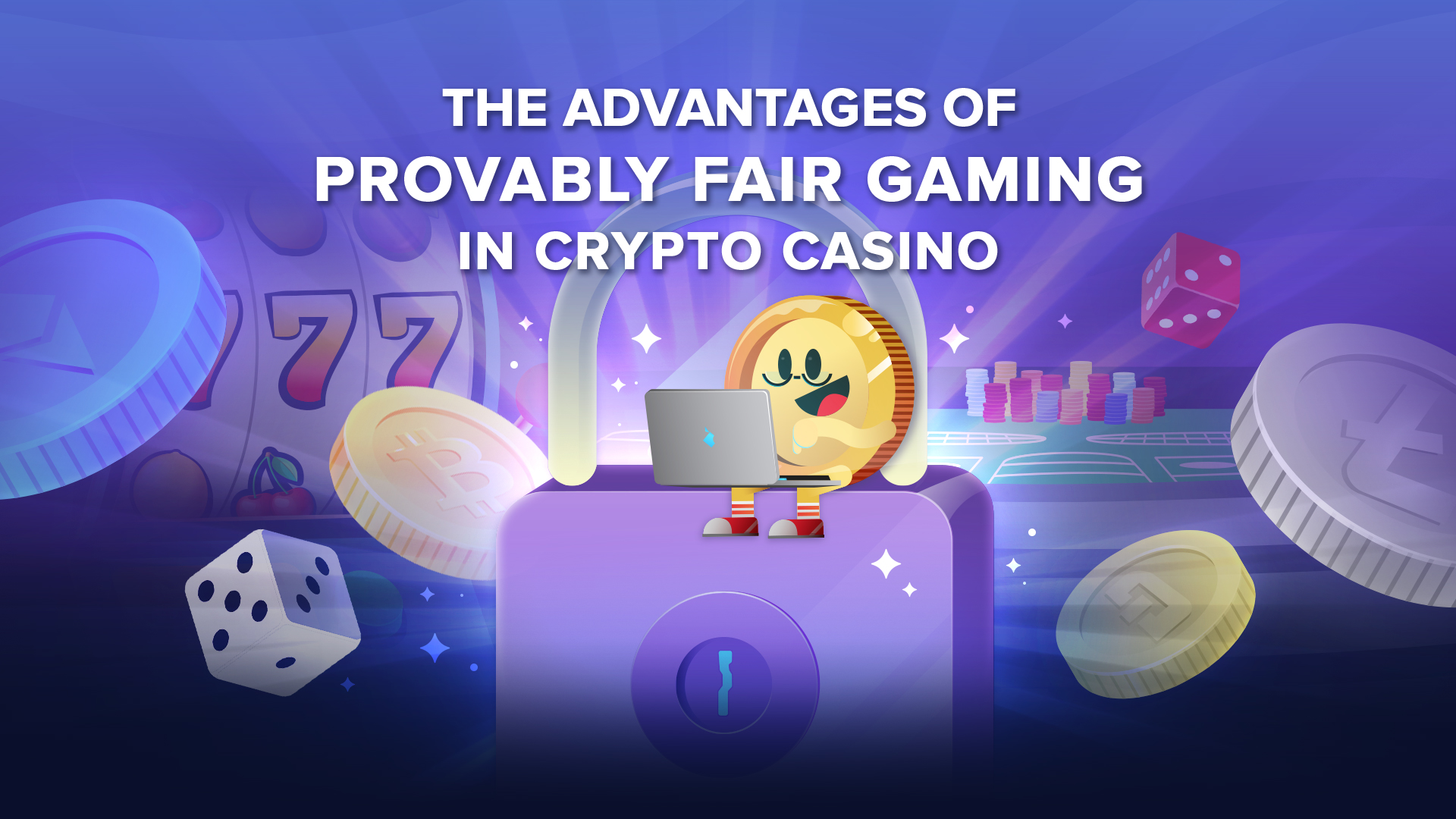
Trust is the bedrock of any successful sports betting ecosystem. Yet, traditional online sportsbooks have long struggled to deliver provable fairness and transparency, leaving bettors exposed to opaque odds, delayed payouts, and the ever-present risk of manipulation. Blockchain sports betting protocols are upending this status quo by leveraging decentralized ledgers and smart contracts to create a tamper-proof, transparent environment where fair play is not just promised but mathematically guaranteed.

Immutable Ledgers: The Foundation of Transparent Sports Betting
At the core of blockchain sports betting lies the immutable ledger – a decentralized database that records every bet, transaction, and game outcome in real time. Unlike traditional systems where records can be altered behind closed doors, blockchain ensures that once data is written, it cannot be changed or deleted. This means every wager placed and every payout made is permanently etched into a public ledger for all to audit.
This verifiable audit trail is more than a technical novelty; it’s a paradigm shift for transparent sports betting. Users can independently verify the integrity of odds, results, and payouts without relying on centralized authorities or opaque back-end processes. For example, each bet on a decentralized platform like Bety. com or Calypso Pay is cryptographically signed and timestamped on-chain. Any attempt at manipulation would be instantly visible to the community.
Smart Contracts: Automating Fair Play at Scale
The introduction of smart contracts has further elevated fairness in decentralized sports betting. These self-executing agreements live directly on the blockchain and automatically enforce predefined rules – such as bet settlement criteria or payout distributions – with zero human intervention. When an event concludes (say, a football match ends 2-1), smart contracts instantly trigger payouts based on verifiable outcomes delivered by trusted oracles.
This automation eliminates delays and removes opportunities for disputes or manual errors that often plague traditional bookmakers. According to recent industry data from
Security Through Decentralization and Cryptography
The security advantages of blockchain aren’t just theoretical; they’re proven in live environments handling millions in wagers daily. Decentralized sports betting platforms distribute control across a global network of nodes, making them highly resistant to hacking attempts or insider fraud. Each transaction is protected by advanced cryptographic techniques, ensuring user funds remain secure even if one part of the network is compromised.
This architecture contrasts sharply with centralized sportsbooks that act as single points of failure – attractive targets for cybercriminals seeking to exploit vulnerabilities or siphon off user funds. By dispersing risk and leveraging strong encryption standards, blockchain protocols offer peace of mind for both recreational bettors and high-stakes professionals alike.
The Data-Driven Path Forward
The numbers don’t lie: on-chain protocols are rapidly gaining market share thanks to their ability to deliver provably fair gaming experiences at scale. Recent adoption metrics show double-digit growth in user engagement across leading blockchain-powered sportsbooks over the past year alone (source: International Academy of Sport Science and Technology). As regulatory scrutiny intensifies globally, platforms able to prove their fairness via open ledgers will enjoy a distinct competitive advantage over legacy operators still mired in black-box practices.
Transparency, once a buzzword, is now a measurable outcome in decentralized sports betting. Bettors can audit every transaction and outcome directly, removing the need for blind trust in centralized operators. The immutable nature of on-chain data means historical records are always available for independent verification, whether by users, auditors, or regulators. This is particularly relevant when disputes arise: instead of opaque internal investigations, blockchain protocols offer a single source of truth accessible to all parties.
Top 5 Ways Blockchain Ensures Fair Play in Sports Betting
-

Transparent Public Ledger: All bets and transactions are recorded on a public blockchain ledger, allowing anyone to independently verify betting activity and outcomes, ensuring transparency and trust across the platform.
-

Smart Contracts for Automated Fair Play: Smart contracts execute betting rules and payouts automatically when conditions are met, eliminating human error or manipulation and guaranteeing timely, accurate results.
-

Enhanced Security and Fraud Prevention: Blockchain’s decentralized and cryptographically secure structure protects user funds and data, making platforms highly resistant to hacking, tampering, or fraudulent activities.
-

Faster Transactions with Lower Fees: By removing intermediaries, blockchain enables instant deposits and withdrawals with reduced transaction fees, improving user experience and ensuring prompt payouts.
-

Provably Fair Gaming Algorithms: Blockchain platforms use cryptographic algorithms that let users independently verify the fairness of each game outcome, building trust and proving games are not manipulated.
Consider the role of oracles, trusted data feeds that deliver real-world sports results to smart contracts. By sourcing outcomes from multiple verified providers and publishing them on-chain, oracles reduce the risk of data manipulation and ensure that payouts align precisely with actual events. This mechanism is critical for live betting markets and complex multi-leg parlays where trust in timely, accurate results is paramount. For a deeper dive into oracle-driven fairness, see how blockchain oracles ensure fairness in on-chain sports betting.
The appeal extends beyond security and transparency: blockchain-based sportsbooks also unlock global access and lower barriers to entry. With no centralized gatekeepers or jurisdictional restrictions, users worldwide can participate using digital assets, often with lower fees and faster settlement times than traditional fiat rails. This democratization has fueled explosive growth in regions previously underserved by legacy betting operators.
Provably Fair Gaming: Verifying Every Outcome
One of the most compelling innovations is provably fair gaming, where cryptographic proofs allow users to independently verify that game outcomes are not manipulated by operators or third parties. Bettors can check the algorithmic integrity behind each result, whether it’s a dice roll, slot spin, or match outcome, using public cryptographic hashes published before each event.
This level of verifiability builds unmatched trust among participants and sets new standards for accountability within the industry. As more platforms adopt provably fair protocols, expect user expectations, and regulatory benchmarks, for fairness to rise accordingly.
What Lies Ahead for Blockchain Sports Betting?
The trajectory is clear: as regulatory frameworks mature and user sophistication grows, demand for transparent, secure sports betting will only intensify. Blockchain technology offers not just incremental improvements but a foundational overhaul, delivering open ledgers, automated settlements via smart contracts, robust cryptographic security, and provable fairness at scale.
For those seeking deeper analysis on this rapidly evolving landscape, including technical breakdowns of real-time odds engines and settlement protocols, explore our coverage at how blockchain is revolutionizing live sports betting: real-time on-chain odds and settlements.
Ultimately, the convergence of decentralization and transparency isn’t just reshaping how bets are placed, it’s redefining what it means to play fair in the digital age.






